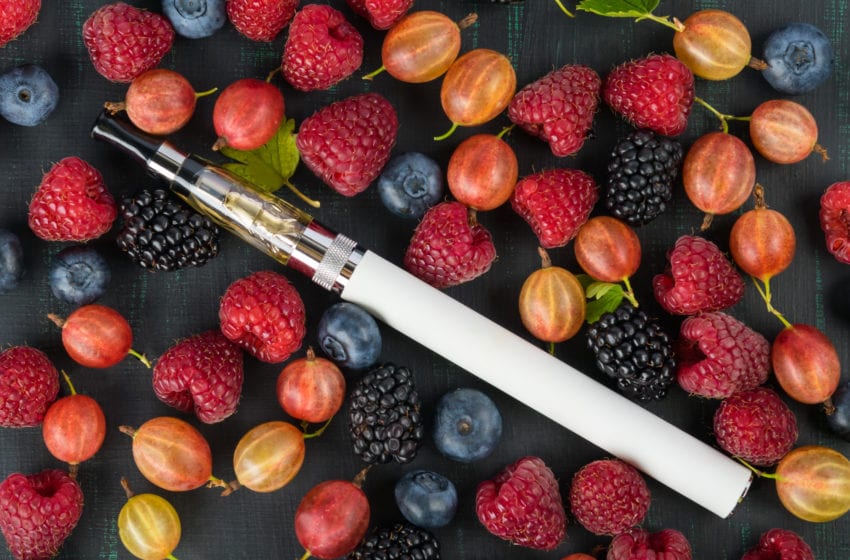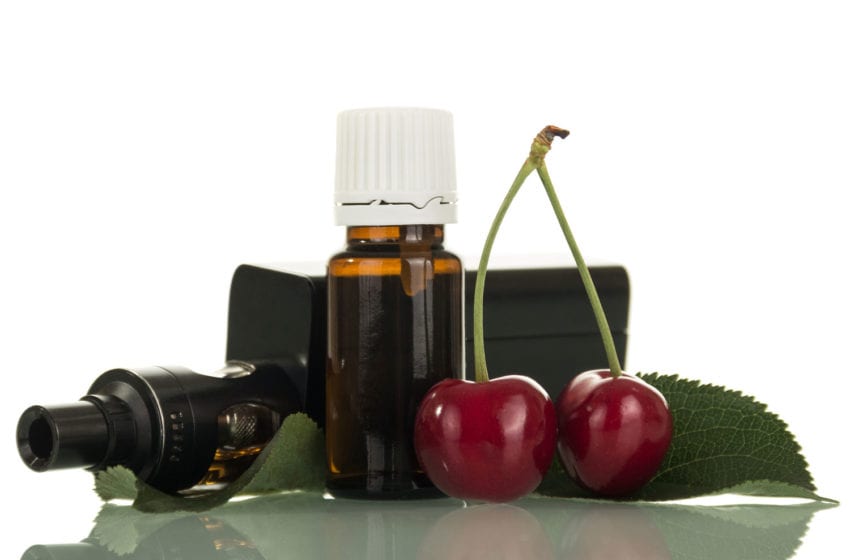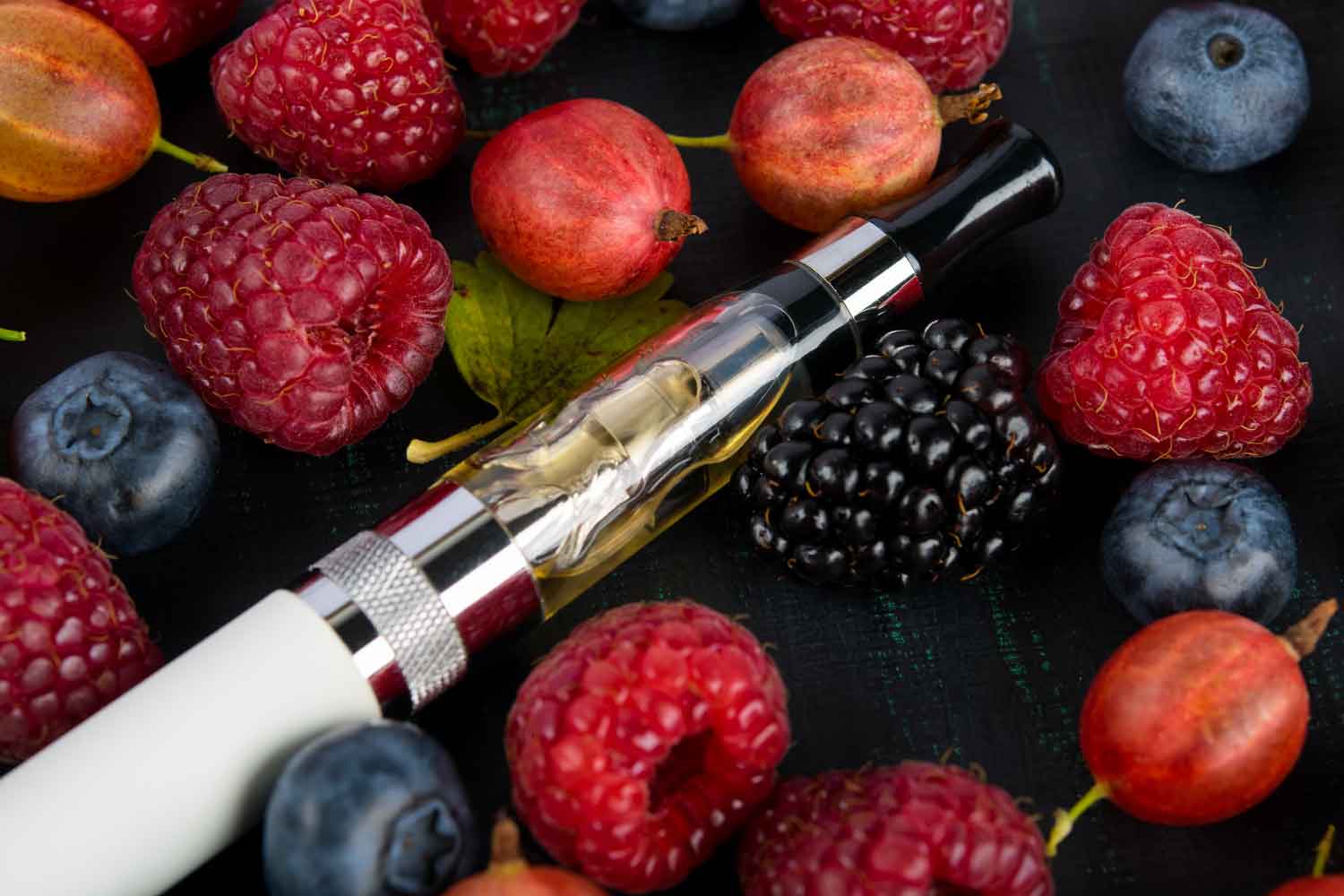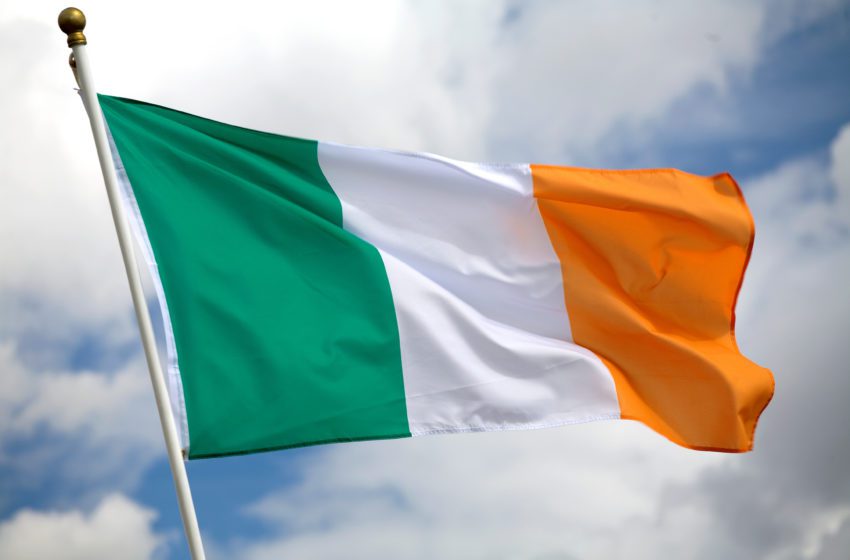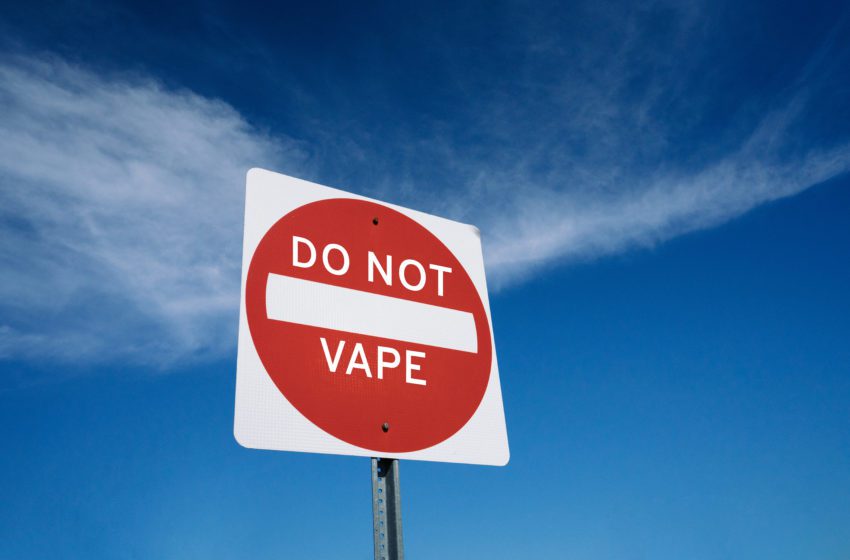
More than three months ago, China’s Tobacco Monopoly Administration started to solicit opinions from the public on regulating e-cigarettes after the vaping industry was brought under tobacco’s supervision last November. On Friday, the Chinese government published a revised draft of standards for the vaping industry that has sent vaping stocks tumbling.
In the original proposal, it seemed China was set to allow flavors. However, the new draft underlines the importance of reducing the appeal of e-cigarettes to youth, stating: “Flavors other than tobacco taste shall not be offered in products.” To be specific, 21 additives, referring to tastes like plum, rose and orange, are removed from the list.
As the some U.S. state and European countries already have flavor bans in place, industry experts believe the new regulations may have a greater impact on domestic market rather than exports, according to Li Qian, writing for Shine.cn.
In an interview with Securities Times, an unnamed industry insider said sales volumes of tobacco-flavored e-cigarettes in the domestic market are dwarfed by other flavors. So it would be “subversive” for the domestic market, he said.
After the draft was published, shares of RLX Technology, China’s leading e-cigarette maker listed on the New York Stock Exchange, dropped more than 36 percent and closed at $1.49 on Friday.
The draft is now available on the administration’s website. The administration is asking for public feedback until March 17. If the current draft rule is passed, there will be an end to flavored vaping products in China.


